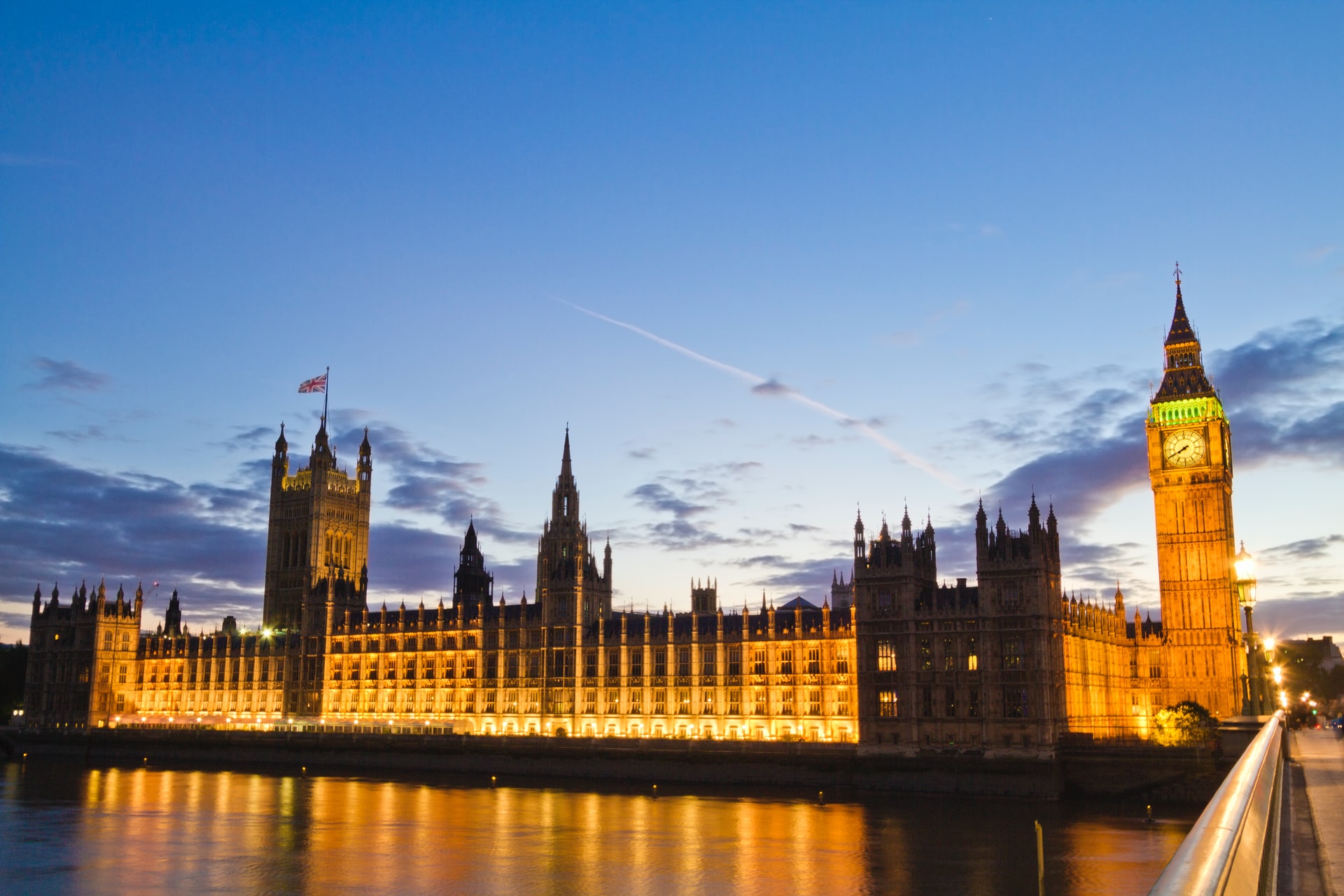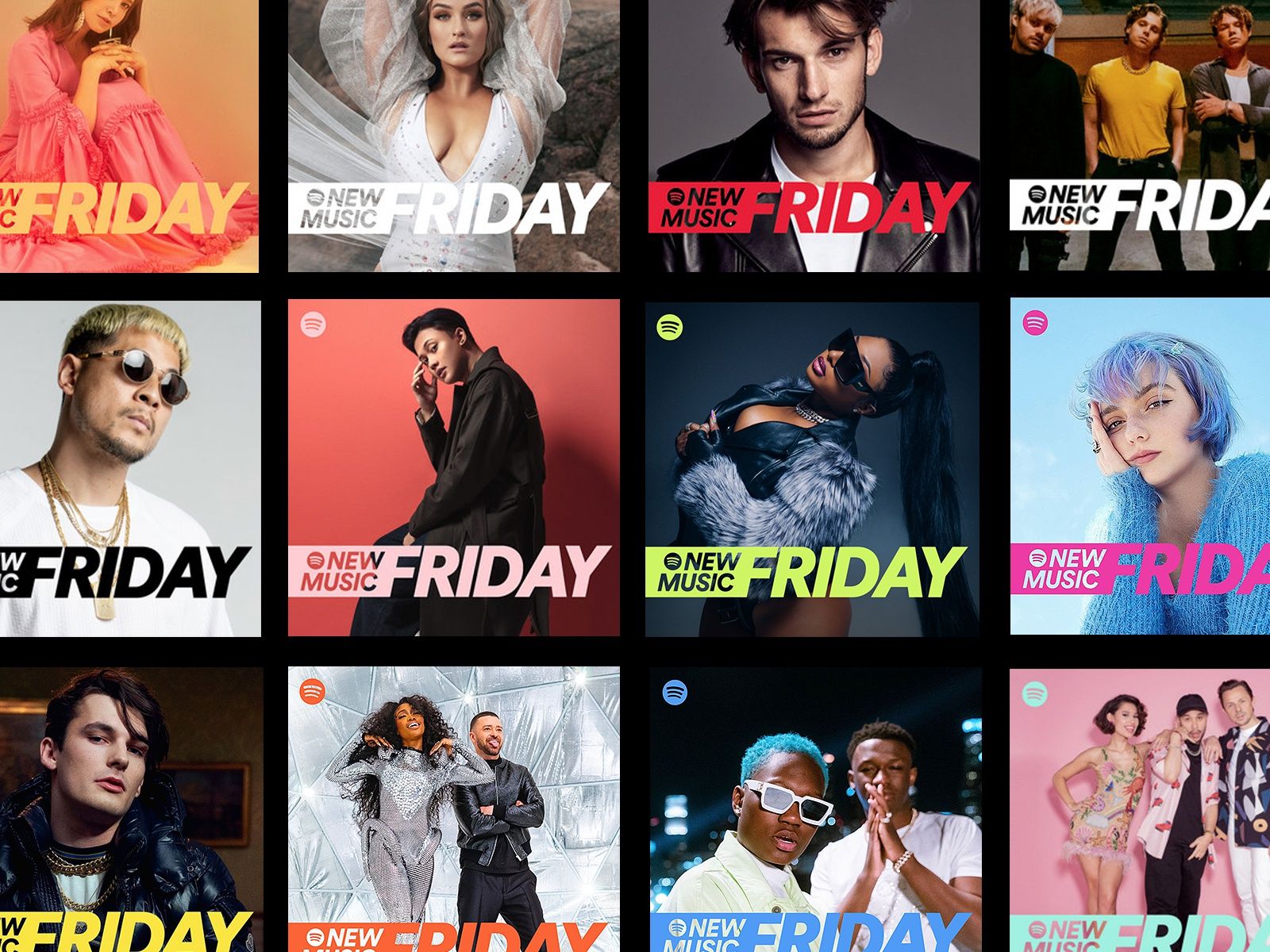The Broken Record Campaign: UK MPs’ Urgent Call For The Modernisation Of Music Streaming
In the UK, the House of Commons Digital, Culture, Media and Sport Committee have just issued a report calling for the complete reset of the music streaming market.
After hearing from creators, industry experts, and music streaming services during a six-month inquiry, the committee concluded that royalties should be split 50/50. Artists currently get around 16% of streaming royalties. The rest is being pocketed by labels and publishers.
The Broken Record campaign
“Today’s musicians receive very little income from their performances – most featured artists receive tiny fractions of a US cent per stream and session musicians receive nothing at all.” – Broken Record Campaign letter to PM
Some of the UK’s biggest artists have long been calling on the government to impose reform. 234 artists, including big names such as Sir Tom Jones, the Rolling Stones, Sir Paul McCartney, Wolf Alice and Jessie Ware signed a letter to Prime Minister Boris Johnson, urging for the government to do something about this issue.
According to these artists, the reform they’re suggesting only requires minimal changes to the 1988 Copyright, Designs and Patents Act. These changes will ensure equitable remuneration, i.e. an even split between the label and the artist/songwriters and a small percentage going to the session musicians as well.
The British Phonographic Industry, however, claims that any new policies should be examined vis-a-vis potential repercussions on new artists. BPI states that music streaming is enabling new artists to succeed and that any changes to the current system may deter labels from investing in new artists.
The current payout system
Music streaming services don’t have a fixed pay-per-stream rate. Instead, the rate fluctuates depending on a number of variables, including the listener’s location, whether the listener is listening on freemium or premium and the subscription fee in different countries.
On average, Apple music pays £0.0059 per stream, Spotify pays between £0.002 and £0.0038 while YouTube pays around £0.00052 per stream. The biggest chunk of the money goes to the label. The rest is divided between everyone involved in the release.
A poll by The Ivors Academy and Musicians’ Union revealed that 82% of musicians surveyed earned less than £200 from music streaming in 2020. 50% said their income from recorded music has declined over the past decade while 92% said less than 5% of their earnings came from music streaming last year. [Source: The Ivors Academy and Musicians’ Union]
What did the creatives say during the hearings?
Nile Rogers, an avid supporter of this movement, said, “The way the system is set up now, with all of these relationships between the labels under NDA, we can no longer see. We don’t even know what a stream is worth. Does anyone?… Can anyone tell me what a stream is actually worth? You can’t and there is no way you could even find it.”
The Broken Record campaign founder Tom Gray stated, “If we rebalance this [profit], money goes into the UK economy… It seems like a bit of a no-brainer, as far as I am concerned. We need to protect our talent pipeline. We need to protect these people on quite modest incomes.”
Mercury Prize nominee Nadine Shah, who has previously claimed that she couldn’t make rent when the COVID-19 pandemic cut off touring, insisted that “The bottom line for me is that [it’s] transparent that I am not being paid. It’s the same for my fellow musicians… in the same position as me where they are struggling. We can’t afford to be musicians and that is a wild concept… Then we’re in a really stark, bitter, awful reality that we could lose lots of musicians, lots of great music.”
What did the corporates say?
Horacio Gutierrez, Spotify’s Head of Global Affairs and Chief Legal Officer said that there needs to be a balance between the artist and the consumer, “[T]here will be higher-priced offerings for users and on the whole prices will rise, but we have to do that also being sensitive to the perspective of users because the role that we play is to be the bridge between artists and users.”
Yvette Griffith, Co-CEO and Executive Director at Jazz Re:freshed, stated that the solution lies in more communication between the artist and the label: “As long as the artist is absolutely clear on what they are signing up to, as long as there is constant dialogue and all the transparency around that, I am in support of that.”
What is the committee recommending?
The committee is asking for a range of reforms and regulation changes to deal with the current state of the music industry.
The recommendations include:
Equitable remuneration: the government should enact legislation that ensures that the artists’ right to equitable remuneration is being respected.
Revenue parity for composers and songwriters: the government should explore how songwriters and composers can be fairly remunerated for their work so that their career remains commercially viable.
A study into the majors’ influence on the industry: the economic impact of the major labels should be seriously studied, including their overall market share and ownership of music rights.
Fair and transparent algorithms and playlisting: curators that are paid to feature artists should be subject to the Advertising Standards Authority code of practice so that they’re held accountable.
Protections for rights holders: the Government should introduce legal obligations when it comes to licensing arrangements for User Generated Content hosting services.
What has the response been like?
The BPI continues to insist that music streaming actually works in the artists’ favour: more and more artists are passing the 1 million mark and streaming is actually helping more artists get discovered.
CEO Geoff Taylor said, “We will carefully examine the findings of this report, but it is essential that any policy proposals avoid unintended consequences for investment into new talent, and do not imperil this country’s extraordinary global success in music.”
While the Association of Independent Music welcomed the reports’ conclusions, it also asserted that a 21st-century solution – not a 20th-century solution – needs to be found. AIM states that equitable remuneration is not the right solution, as it’s dated and will leave artists worse off.
The Featured Artists Coalition and Music Managers Forum stated that the report and its consequences are a once-in-a-lifetime opportunity to reset the current system.
Meanwhile, The Broken Record campaign founder Tom Gray said, “It feels like a massive vindication. They’ve really come to the same conclusions that we’ve been saying for a very long time.”
Photo by Michael D Beckwith on Unsplash






